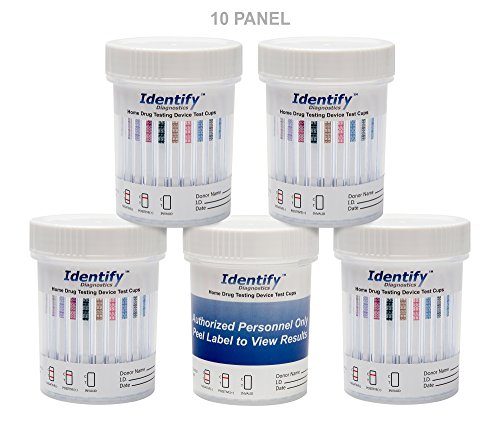This article is intended as a companion piece to our other article on alcohol and drug testing programmes. It aims to provide a brief introduction to a few of the public positives and pitfalls, pros and pitfalls which may be struck when organizations choose to implement testing programmes in their workplaces.
Greater Safety
In safety-critical industries, this growth in safety is magnified as well as the positives benefits of drug and alcohol testing programmes massively increased. Testing programmes may also supply the piece of mind to employees and clients alike.
Reduce Injuries
Evidence exists which indicates that drug and alcohol use raises the risk of accidents at work. Those under the impact of drug and alcohol while at work increase the risk of workplace injuries. In sectors where traveling is an essential part of the role, this risk of fractures increases significantly, given that the well known increased risk of road traffic injuries by people diminished by drug and alcohol use. For companies with staff in this position, it’s their responsibility to make sure their employees are all fit to travel on business enterprise.
Superior Practice
For employers, the implementation of active drug and alcohol policy is not just about alcohol and drug testing programs. Employers may find themselves exposed to potential litigation if they don’t have adequate policies and procedures in place when problems arise. Employers have a responsibility under the misuse of drugs act 1971 to make certain that drugs are not used or possessed on their premises and also have responsibilities under the road traffic act 1988 and also the transportation and functions act 1992 if workers drive company cars.
Supportive for Staff with Substance Misuse Problems
Firms with active alcohol and drug policy in an area are in a strong position to pro-actively support employees who could be experiencing difficulties with substance misuse. This service is not always about discovery through testing programs, and it is also about successful procedures that offer support and advice to staff with substance misuse problems.
Disadvantages of Drug Screening in the Workplace. Privacy
Drug testing in the workplace can give a company the option for employees to submit tests as a requirement of the employment. Some staff might consider this an invasion of personal rights, privacy and also be discriminatory practice against employees, especially when there is not any perceived cause to perform a test.
Cost
There is an inevitable price attached to the execution of drug and alcohol testing programmes. The different evaluations available all carry differing prices, timescales, and precision. Whilst studying from safety-critical workplace surroundings can pay for itself for other businesses the cost could be substantial, especially for large organizations with lots of employees to test.
Issues of Trust
If not adequately managed drug and alcohol testing programs could result in adverse senses from personnel to supervisors and vice-versa. Them and our culture can develop in organizations with alcohol and drug testing programmes getting an illustration of managers not expecting individuals.
Since we’ve seen organizations will need to know about the positives and pitfalls of implementing alcohol and drug testing programs to make sure that the desired and positive outcomes are felt within their organizations. Without specialist assistance and guidance from specialist organizations, it can be easy for programmes such as drug and alcohol testing to get adverse implications and consequences unforeseen when initially envisaged.




































